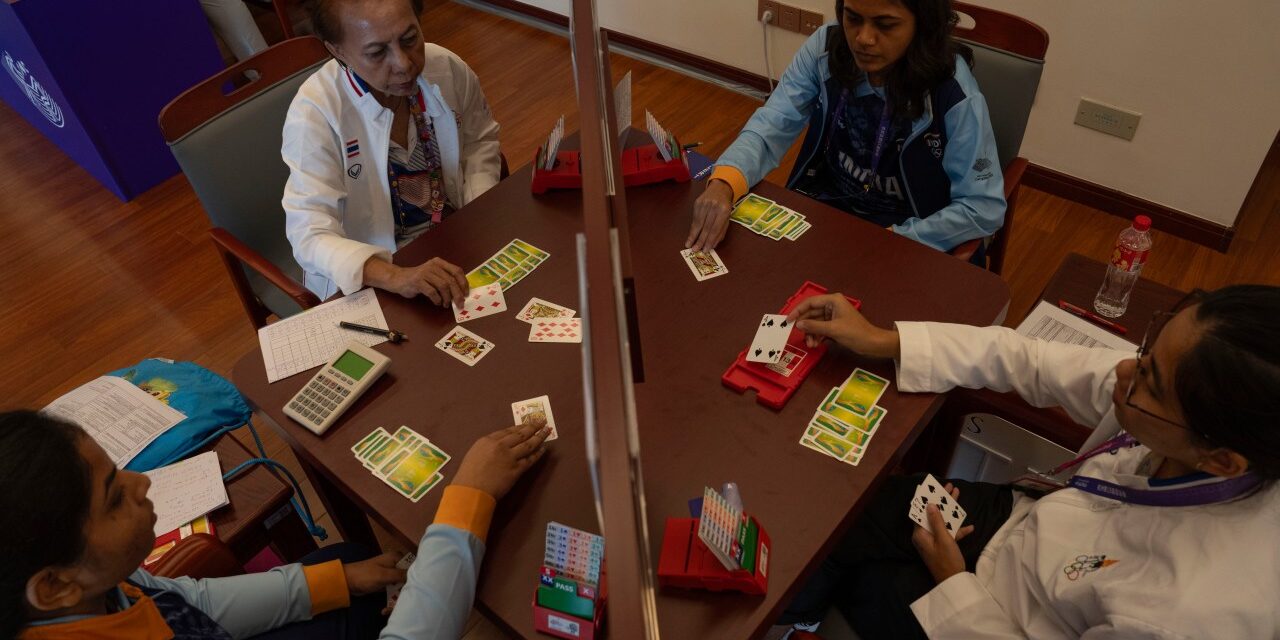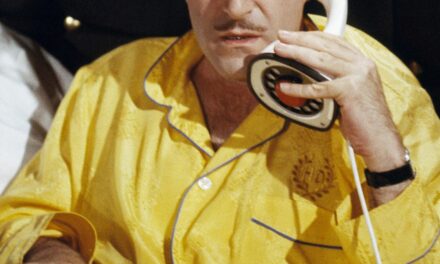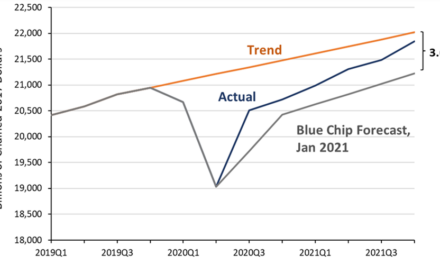
HANGZHOU, China (AP) — If you’re looking for another kind of esport to follow from the Asian Games, try the centuries-old card game of bridge.
Here the “e” would stand for “elderly” to represent the game’s aging demographic — not for “electronic” as in the youth-driven online gaming that’s proving to be one of the most popular events of the Asian Games, generating billions in annual revenue worldwide, and producing a new breed of global icons like South Korean League of Legends star “Faker.”
Esports, chess, and bridge are among the so-called mind sports with full medal status at the two-week long Asian Games.
Kelvin Ong heads the Singapore Bridge Association and laments it’s difficult to attract the nation’s youth to bridge. But as he talks he, himself, is playing a video game on a tablet.
“I’ll shut it down,” the 37-year-old says sheepishly, knowing he’s inadvertently highlighted the problem. “I think bridge is losing its following with the young because now there are computer games, mobile games.”
“Kids nowadays want action to come flashy and quick — 30 seconds,” Ong adds, noting a bridge hand takes seven or eight minutes to play. “We’ll get to that level when someone finds a way to made a bridge hand last one minute. But it won’t be good bridge.”
Bridge at the Asian Games is the antithesis of flashy and quick. It’s more staid and deliberate, and of course there’s no premium on physical fitness. It’s also one of many sports or games you won’t find in the Olympics.
At least nine players in the field of about 200 are over 70. The oldest is 78-year-old Masood Mazhar of Pakistan, a full 65 years older than 13-year-old Chinese skateboarder Cui Chenxi who won gold on Wednesday.
There was an 89-year-old player five years ago at the games in Indonesia, but no octogenarians this time.
“You can play until you’re 100,” said 64-year-old Anal Shah, the coach and non-playing captain of the Indian women’s team.
“There’s no retirement age,” added Dr. Raheel Ahmed, a radiologist who manages the Pakistan team.
The average age of participants this time is about 50, and the youngest are 22-year-old Vidhya Patel of India and 23-year-old Chen Kuan-hsuan of Taiwan.
Chen said she started playing at eight, coerced by her mother, an elementary school teacher.
“She held summer vacation classes to teach students to play bridge,” Chen said. “So I was forced by her to learn bridge. I was very unhappy because I wanted to play over summer vacation. I tried to refuse her, but she was very strong.”
The bridge venue is set up on the 12th and 13th floors of a Hangzhou office building. A nearly silent atmosphere pervades the space. Four players each fill dozens of small tables — card-table size, of course. Many hold a fan-like spread of cards in one hand, and a few fiddle with reading glasses in the other.
Each table has a screen running diagonally — top and bottom — to keep players from passing signals to teammates. The game presents no language barriers, using universal terms from English like “no trump, slam, pass” and so forth.
Observers can watch the hands that are dealt — and how they are played — on large television screens filled with red and black symbols for spades, hearts, diamonds and clubs.
Ong said teams playing contract bridge have been known to — not in competitions — “kick, cough and stomp” to pass signals to teammates. Hence, the screens.
In addition to the aging players, Bridge also has an image problem, at least in parts of Asia.
“The general concept is India is that cards is gambling,” Shah said. “Bridge is cards, and cards is gambling. You have to convince parents that it’s an intellectual game. It improves your logical powers. It sharpens so many skills for the brain.”
Of course, bridge has nothing to do with poker or black jack and would be as out of place in a casino as Spain’s national festival of bullfighting might be in Bhutan.
The misconception also exists in Pakistan, a predominantly Muslim country where Dr. Ahmed said he uses a different pitch.
“We don’t have any muscles in the brain, but by playing bridge you can see you can build the mind muscle,” he said.
“I think 99.9% of our people don’t know what bridge is,” he added. “In Islam we don’t like betting so most of the people connect card games with betting. They laugh at me wearing a beard. They say he’s participating in such an event; a religious person playing a card game. Yes, I have to explain.”
___
AP Asia sports: https://apnews.com/hub/sports-asia





